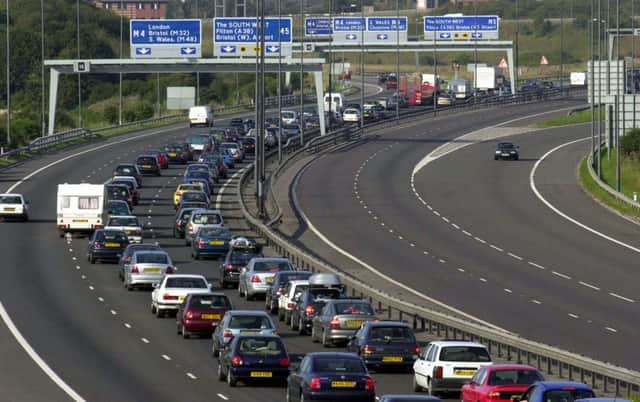It may be rocky road over ‘working time’


A RECENT opinion of the Advocate General in the Court of Justice of the European Union (CJEU) looks set to cause far-reaching tremors in the treatment of “working time”, particularly in respect of any requirement to travel to and from work for so-called peripatetic workers, with no fixed base.
The EU Working Time Directive sets out minimum requirements across member states in respect of fundamental employment rights such as annual leave, minimum rest periods and breaks between work. It is implemented in Spain by the “Workers’ Statute”. This provides, amongst other things, that normal working hours should average no more than 40 per week and that at least 12 hours must be allowed between the end of one working day and the beginning of another. Similar laws are implemented in the UK in terms of the Working Time Regulations 1998.
Advertisement
Hide AdAdvertisement
Hide AdThe CJEU case involves a group of Spanish technicians employed to install and maintain security equipment in homes and commercial premises within assigned geographical areas. In 2011, their employers decided to close facilities so these workers would no longer be based at regional plants. Their trade union argued journey times from and to the employees’ homes at the beginning and end of each day amounts to “working time” and had to be accounted for by the employers in their working-time calculations.
Advocate General Bot focused on the aim of the directive, being the protection of the safety and health of workers, by ensuring minimum rest periods and maximum average weekly hours. He set out three conditions for “working time”. First, there must be a requirement to be “at the workplace”. Second, the employee must be “at the disposal of” his employer. And thirdly, the employee must be carrying out his “activities or duties”.
In the case of peripatetic workers with no fixed base, he saw little difficulty with the first. Where travelling is an integral part of working, he said places of work cannot be reduced to the physical presence of employees on customers’ premises. On the second, his view was that peripatetic workers “are not outside the scope of their employer’s management power” when travelling to and from work. He reasoned that this falls within the context of the “hierarchical relationship”. Regarding the last, he stressed, “travelling … is a necessary means of providing [the] technical services to the customers designated by the employer”. As such, he argues this falls under the employees’ “activities or duties”.
His rationale was influenced by the difficulty in differentiating between journeys from the workers’ homes to and from customers and those made between customers.
The Advocate General’s opinion relates only to the situation of peripatetic workers with no base or designated location, but could have far-reaching consequences in various respects throughout the European Union. It is likely employers of these types of workers will soon require to take into account travelling periods to and from home destinations when calculating weekly working-time limits and minimum rest periods. The opinion may well lead to the UK government revisiting its guidance, which currently suggests travelling outside of normal working hours is typically not to be regarded as “working time”, at least in the case of peripatetic workers. This could impact upon many employers, as trends towards “mobile working” become more popular. Employees covering large territories may be particularly affected. Employers may have to consider rescheduling early and late appointments to sites close to their homes. There may also be arguments in relation to requirements of employees to travel away from fixed places of work across significant distances or in relation to disputes in connection with overtime and pay.
The employers in the case put forward arguably reasonable fears that interpreting matters in the way the Attorney General has, could amount to a “malingerers’ charter”. He was unmoved by these arguments..
It is important to stress the Attorney General’s opinion is simply an opinion. The CJEU decision is eagerly anticipated later this year. For the time being, those employers with peripatetic workers should consider possible impacts on their working practices.
• John Lee is an employment partner with Lindsays www.lindsays.co.uk